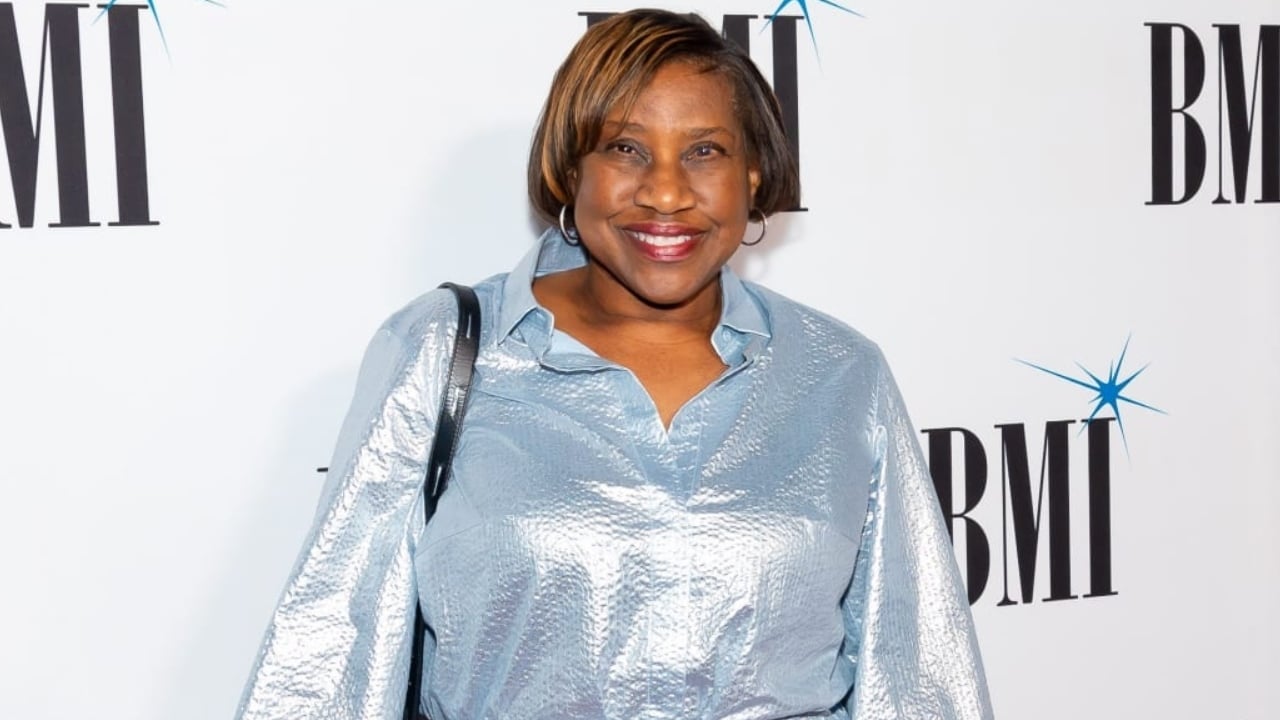We bring news that matters to your inbox, to help you stay informed and entertained.
Terms of Use and Privacy Policy Agreement
WELCOME TO THE FAMILY! Please check your email for confirmation from us.
TheGrio’s Eboni K. Williams talks to Karla Redding-Andrews about the Otis Redding Foundation and the impact she hopes it has on future musicians.
Music icon Otis Redding made some of the most important songs in Black American culture, gems like “(Sittin’ On) The Dock of the Bay” and “Try a Little Tenderness.” It’s hard to believe he passed at the young age of 26, but his legacy lives on through the Otis Redding Foundation.
TheGrio’s Eboni K. Williams talked to the late musician’s daughter, Karla Redding-Andrews, about the importance of keeping his legacy alive and who Otis Redding was as a father.
The following is a transcript of the conversation.
Eboni K. Williams: Your father was such a, still is, the soundtrack to so many important moments in Black culture and American legacy, so talk about why it’s so important for you, Karla, and your foundation to continue the legacy of Otis Redding.
Karla Redding-Andrews: It’s so important because this foundation, the Otis Redding Foundation, was already in place before my father passed in 1967. He was already promoting the importance of education paired with music and the arts. And so it’s important for us to continue that path. Kids need an outlet. They need self-expression. They need creativity.
And that’s what my father, that’s what made him great and famous and still remains great famous today. So that’s why it’s important that we continue to do what we do and urge our young Black kids to live out your dream. Do not give up, because Otis Redding never gave up.
Williams: Amen. And I have to say, I really appreciate this on a personal level, Karla, because I am a proud graduate of a performing arts high school myself. And I don’t think that people really appreciate the intersection of academics and education and also music and fine arts as being very, very important to the discipline and the broader intellectualism of young people. So I think this is extremely important work you’re doing.
Williams: Now, this month, Rhino released vinyl box sets of your dad’s music. How incredible that this is still such a relevant part of American culture and Black culture over 55 years after his passing.
Redding-Andrews: Absolutely. It’s just amazing that there is still an influx of fans, young, old alike, that still want to get that music from Otis Redding. And for him to be able to still receive accolades of this nature, this new box set is just amazing to me. My mother has worked so hard for over 50 years to keep my father’s legacy alive, and her work goes unnoticed.
Because I’m telling you, there are fans every day that visit our museum, coming to the foundation, stand and talk with us and cry and how Otis Redding still remains an integral part of their lives, so we are just so pleased that the world continues to love Otis Redding.
Williams: Let’s talk a little bit about the programming, right? We know the foundation’s summer music camp is wrapping up soon. Tell us a little bit about that program.
Redding-Andrews: Yeah, we’re just into our first week. Friday, tomorrow, wraps the first week where we have a little over 40 kids involved in our music programs. BMI representatives. Sony Music representatives. Other industry partners will come in and speak to the kids about their inspirations to be in the music industry.
We had the amazing Chuck Leavell there yesterday, who is the music director for the Rolling Stones, talked to the kids about being in the industry. And these kids are just so enthralled and so motivated to stay the course and to follow their dream. And that’s what the Otis Music Camp instills in them.
Williams: Beautiful. And before I let you go, we know him as the icon. We know him as the soundtrack to our lives. But your father was your father. He was a human being, a man. Tell us a little bit about Otis Redding the man.
Redding-Andrews: Otis Redding the man was at home. He was a normal dad. I mean, we went to eat ice cream. He loved animals, so we rode horseback. We fished. We did everything on this 300-acre ranch that we still have that Dad bought in 1966. And so he was just like that at home.
You know, I tell people all the time, it wasn’t till long after, that we got older, that we really understood what a great musician, great entertainer our father was because we just thought he was Dad to us. He was home. We swam in the pool and did great things. So, now we are Dad’s biggest fans because we, too, are learning, like this new generation of musicians, how great Otis Redding is.
Check out the full clip above and tune into “theGrio with Eboni K. Williams” at 6 p.m. ET every weeknight on theGrio cable channel.
TheGrio is FREE on your TV via Apple TV, Amazon Fire, Roku and Android TV. Also, please download theGrio mobile apps today!

